Colorado Plateau Dark Sky Cooperative
Quarterly CONNECTIONS
About the Program
The Colorado Plateau’s night skies are an educational, cultural, recreational, and economic treasure. Yet, naturally dark skies are disappearing at unprecedented rates globally (Kyba, C.C.M., et al. 2023). In this series of live interactive meetings, we will focus on ways to help minimize light pollution and support the preservation of this important natural resource. Hear from experts and engage with peers on a range of audience-directed topics. There are many pathways to participate in the preservation of night skies: through educational outreach, community-based planning, scientific inquiry, cultural celebration, artistic creation, and more. Join us in this effort to preserve the night skies of the Colorado Plateau and beyond.
Kyba, C.C.M., et al. 2023. Citizen scientists report global rapid reductions in the visibility of stars from 2011 to 2022. Science, Vol 379, Issue 6629, pp. 265-268.
Program Schedule
| Session | Topic | Dates | Registration Link |
|---|---|---|---|
| 8 | Cultural Connections with the Night Sky People connect with the night sky in many ways - in this session we will discuss how our experiences and culture shape our relationship, our values, and perspectives towards dark night skies. Topics will include Indigenous perspectives, Social Science perspectives, and the benefits of Night Sky Education/Citizen Science. |
Dec 4, 2024 1:00-2:00pm (MST) |
Register Here |
| 7 | Managing a Shared Resource - Working with our Federal Partners
In this session, we will hear perspectives from our federal partners, the NPS, BLM, and USFS, the certified land assets from which dark sky visitorship and tourism flow, including a discussion about the partnerships between public land entities, gateway communities, and nearby tribal nations can each benefit when parks and communities are dark sky certified. |
Sep 4, 2024 1:00-2:00pm (MDT) |
Register Here |
| 6 | Outdoor Lighting Part 2: Policies and Implementation
Get first-hand experiences and perspectives from community leaders, planners, and business owners on the process of developing effective outdoor lighting policies, funding opportunities, and implementation of a lighting retrofit project. What are the key ingredients for implementation success?
*This event is eligible for continuing education credit through the Utah and Nevada Chapters of the American Planning Association. 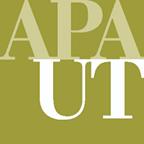 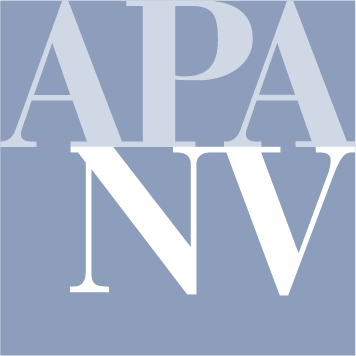 |
Jun 5, 2024 1:00-2:00pm (MDT) |
Watch the Recording Q&A |
| 5 | Outdoor Lighting Part 1: Advancements in Technology, Planning and Design
In this session, we will hear from three outdoor lighting experts on the recent advancements in outdoor lighting technology, planning, and design. We will learn more about the lighting industry, including updates to several outdoor lighting standards and associated lighting zone definitions. Plus hear about a few current outdoor lighting projects and the ways communities are benefitting from improved outdoor lighting.
*This event is eligible for continuing education credit through the Utah Chapter of the American Planning Association.  |
Mar 6, 2024 1:00-2:00pm (MST) |
Watch the Recording Q&A |
| 4 | The Opportunity: Astrotourism In this session, we will focus on the research behind the exceptional profitability of astro-tourism in gateway communities that can support a competitive and sustainable rural economy. Included will be examples of local astrotourism development projects and benefits when connecting local to statewide/regional tourism opportunities.
|
Dec 6, 2023 1:00-2:00pm (MST) |
Watch the Recording Group Introduction |
| 3 | Education and Outreach/Advocacy In this session we will discuss how to promote partnerships and community-engaged learning around dark skies in gateway towns and rural communities. Hear from Kate Magargal, Assistant Professor in the Univerisity of Utah's Dark Sky Minor program, and CPDSC Quarterly Connections Planning Team member, about the research and community engagement she conducts with her students in Utah's rural communities to inspire interest and support of dark skies. Samuel Singer, Founder and Executive Director of Wyoming Stargazing, will share his experience working with the Town of Jackson and Teton County in the successful adoption of night-friendly outdoor lighting ordinances and extensive community outreach programs.
|
Sep 6, 2023 1:00-2:00pm (MDT) |
Watch the Recording Group Introduction |
| 2 | Economic Development Opportunities In this session, we will focus on the ways in which dark skies can help sustain healthy, outdoor-oriented lifestyles and further the economic stability of the individuals, families, and communities throughout the region. Hear from guest speaker, Emily Wilkins, Research Social Scientist with the USGS, Fort Collins Science Center, on research conducted with Jordan Smith, Director of the Institute of Outdoor Recreation and Tourism at Utah State University, and others, and recent results from their state-wide study on the economic impacts of astro-tourism and night skies in Utah, post-COVID-19 pandemic.
|
Jun 7, 2023 1:00-2:00pm (MDT) |
Watch the Recording Group Introduction |
| 1 | Protecting the Night Sky April 5th will be the first of four Colorado Plateau Dark Sky Cooperative Quarterly Connections. In this kick-off session, we will focus on who we are, what we do, and why it matters in the protection of natural night skies. We will start with an update on the Colorado Plateau Dark Sky Cooperative followed by a brief brainstorming session to gather stakeholders' input on current needs, concerns, and topics to prioritize what should be addressed in later sessions. Hear from invited guest, Ruskin Hartley, Executive Director of the International Dark-Sky Association, on the value of this work, how to get involved, and an update on the IDA Dark Sky Places program.
|
Apr 5, 2023 1:00-2:00pm (MDT) |
Watch the Recording Group Introduction |
Planning Team
Lisa Stoner
Coordinator for the Colorado Plateau and Basin & Range Dark Sky Cooperatives, and Liaison to the Institute of Outdoor Recreation and Tourism
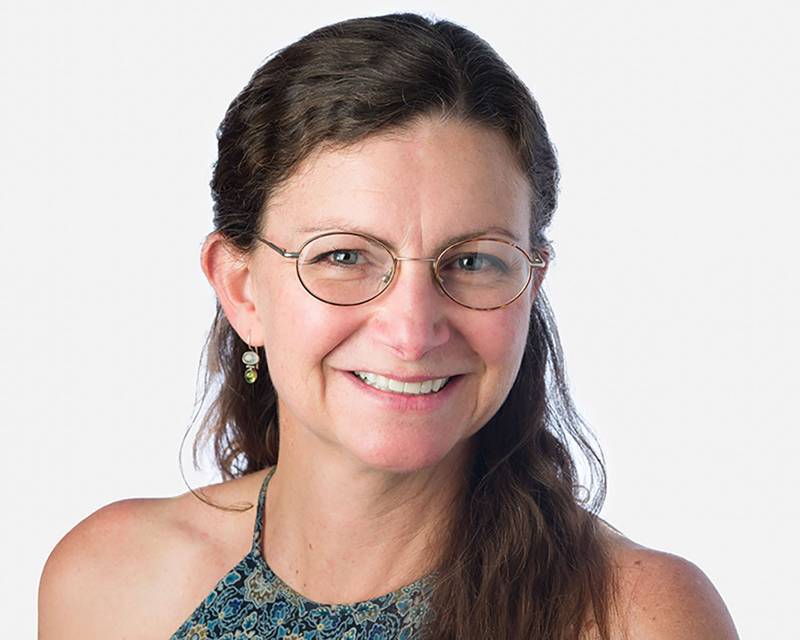
Lisa focuses on the outreach, development of educational programs, building partnerships, and providing technical support to elevate the importance of night skies over the western U.S. She received her MSc in Range Ecology from USU focusing on remote-sensing and mapping of plant communities and disturbed landscapes. As a naturalist, clear starry nights provide her with an irreplaceable sense of peace and an opportunity to reflect in a world that is constantly changing.
Email: lisa.stoner@usu.edu
Gina Pearson
Environmental Protection Specialist, National Park Service, Natural Sounds and Night Skies Division (NSNSD)
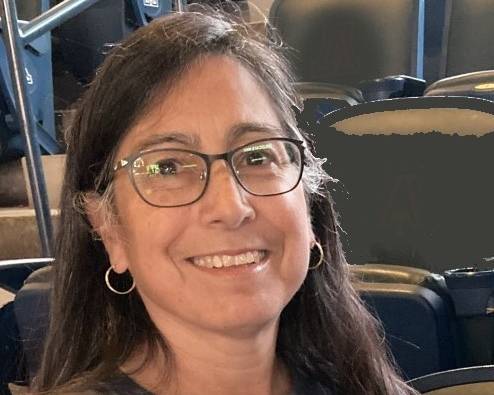
Gina is the point of contact for the NSNSD’s partnership with the Institute of Outdoor Recreation and Tourism at USU supporting the efforts of the Colorado Plateau Dark Sky Cooperative. Gina’s interest in protecting the dark night skies began years ago when she worked as a Park Ranger at Chaco Canyon National Historical Park. This interest was rekindled when she developed the Dark Sky Park application for Bryce Canyon NP - an International Dark Sky Park where it feels like you can touch the stars! Collaborating with the Colorado Plateau and Basin and Range Dark Sky Cooperatives is a highlight of her job.
Dr. John Barentine
Principal Consultant, Dark Sky Consulting, LLC
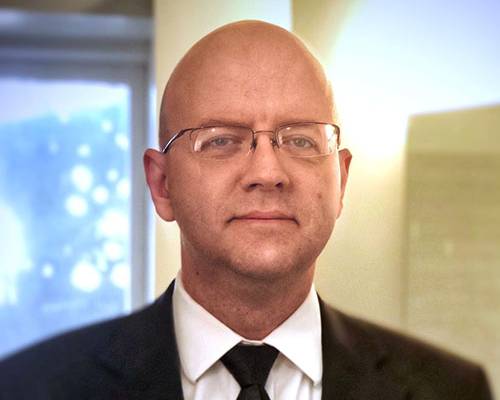
Former Director of Public Policy for the International Dark-Sky Association. John earned a Ph.D. in Astronomy from the University of Texas at Austin, and previously held staff positions at the National Solar Observatory, Apache Point Observatory, and the Sloan Digital Sky Survey. Throughout his career, he has been involved in education and outreach efforts to help increase the public understanding of science. He is a member of the American Astronomical Society and the International Astronomical Union, and is a Fellow of the Royal Astronomical Society. The asteroid (14505) Barentine is named in his honor. His interests outside of astronomy and light pollution research include history, art and architecture, politics, law and current events.
Dr. Anil Seth
Professor, Physics & Astronomy, University of Utah
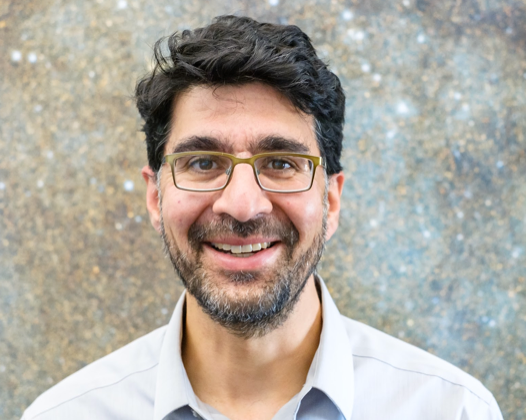
Anil researches nearby galaxies and black holes. He became involved in dark skies after moving to Utah in 2011, and was involved in the establishment of the Dark Sky Studies Minor at the University of Utah. He was the creator of an astronomy outreach internship at Bryce Canyon National Park, now in its ninth year, and recently, helped facilitate a new dark sky focused summer internship in Wayne County in collaboration with Capitol Reef NP and the Entrada Institute starting in summer 2023. He serves as an ongoing board member of the Utah Chapter - International Dark-Sky Association. Anil works on protecting dark skies because of the awe and wonder they inspire in him and others.
Matthias Schmitt
Astronomy Guide, Stargazing Zion, and Dark Skies Program Coordinator, Cedar Breaks National Monument
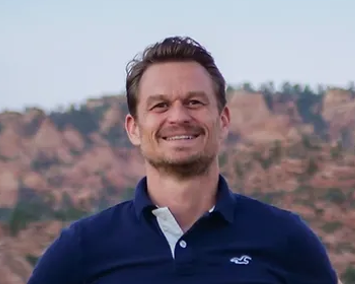
Matthias is Head Astronomy Guide at Stargazing Zion, a private stargazing company in Southwest Utah. He is a member of the St. George Astronomy Group, the International Dark-Sky Association, American Astronomical Society, and European Astronomical Society. He received his MSc in Astronomy, from the Swinburne Center for Astrophysics, in Australia. "The night skies are my work and passion. They allow me to connect with generations of mankind and keep me curious about our journey through the Cosmos.”
Dr. Kate Magargal
Assistant Professor, Honors College, University of Utah
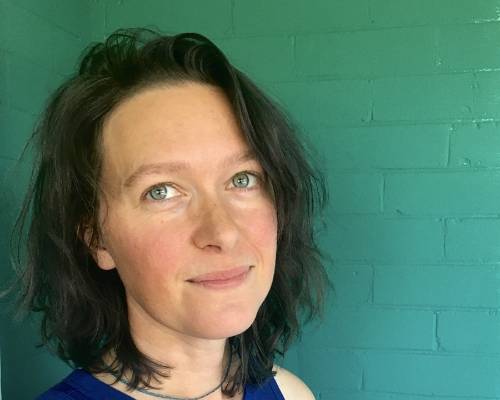
Kate has spent much of her life seeking refuge from artificial light at night. Once she learned that people can actually do something about the loss of darkness, she made this work a central part of her career as a scientist, teacher and researcher working with communities in Utah. Having previously done educational outreach and lightscapes science with the National Park Service, Kate helped create, and currently teaches for, the University of Utah's Minor in Dark Sky Studies. In her current role, Kate brings university students and community leaders together to work towards keeping our nights dark. Kate hopes that more people can have access to darkness and gain benefits for mental and physical health, and inspiration.
Dr. Heidi Hoven
Conservation Specialist, Gillmor Sanctuary, Audubon Rockies
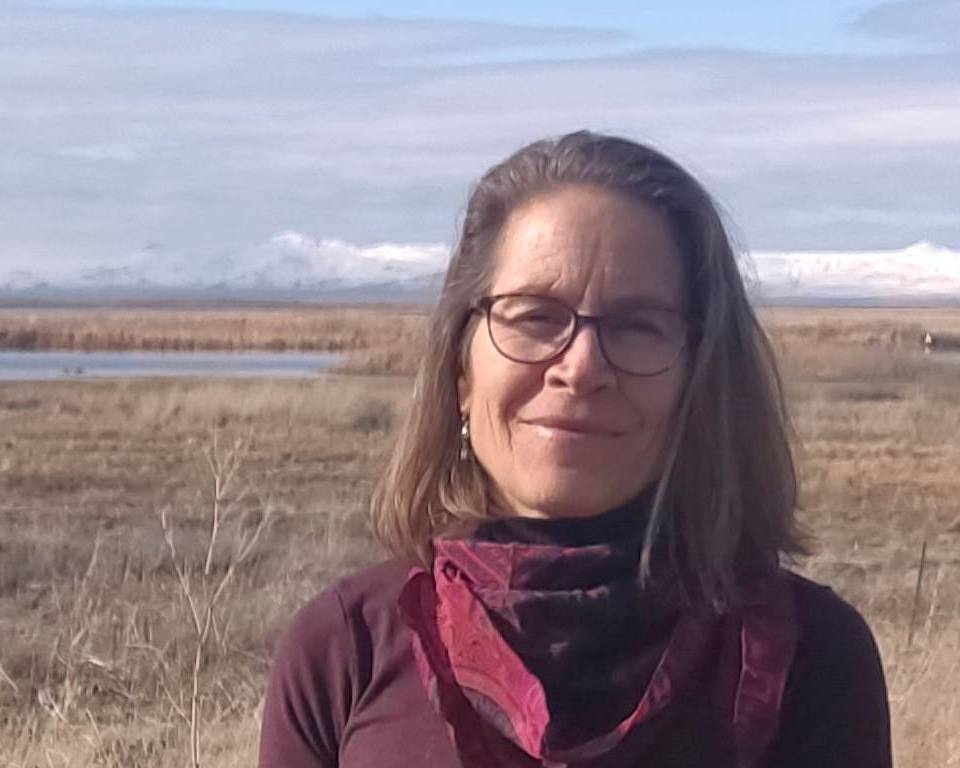
Heidi is an avian ecologist and conservation biologist with Audubon Rockies, a regional office of the National Audubon Society, at Gillmor Sanctuary, Great Salt Lake, Utah. She has conducted more than 20 years of research on Great Salt Lake wetland ecology, obtaining a broad understanding of the inter-relationships of habitat conditions and the flora and fauna that thrive in them. She brings this background to help improve and protect habitat for birds of Great Salt Lake. She is a board member of the International Dark Sky Association Utah Chapter, serving as co-chair of the lighting ordinance committee, where she works to reduce light pollution for migratory birds with Great Salt Lake as their destination.
Janet Muir
Dark Sky Veteran
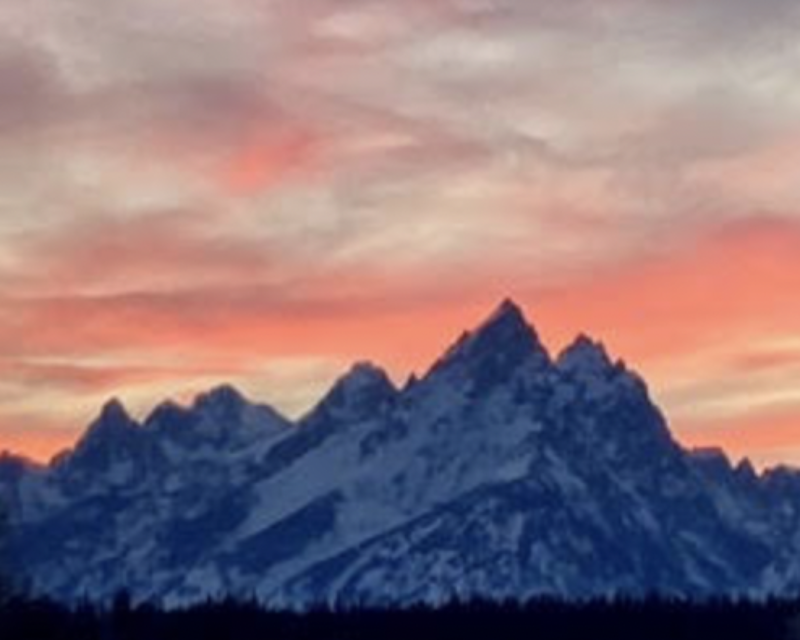
Co-founder of the Dark Skies Program at the University of Utah, Janet has been active in the dark sky accreditation of national parks, national monuments, and state/regional parks in the American West. She has assisted the Colorado Plateau Dark Sky Cooperative (IORT, Utah State University), the Basin & Range Dark Sky Cooperative, the Utah Division of Indian Affairs and the International Dark-Sky Association. She is a board member of Scenic Utah and an advisory board member of Center for the Living City. She served in senior business and legal positions at The New Yorker Magazine and in the North American media practices of Deloitte and McKinsey & Company. Dark skies are a magical part of her life and the centerpiece of her volunteer work.

